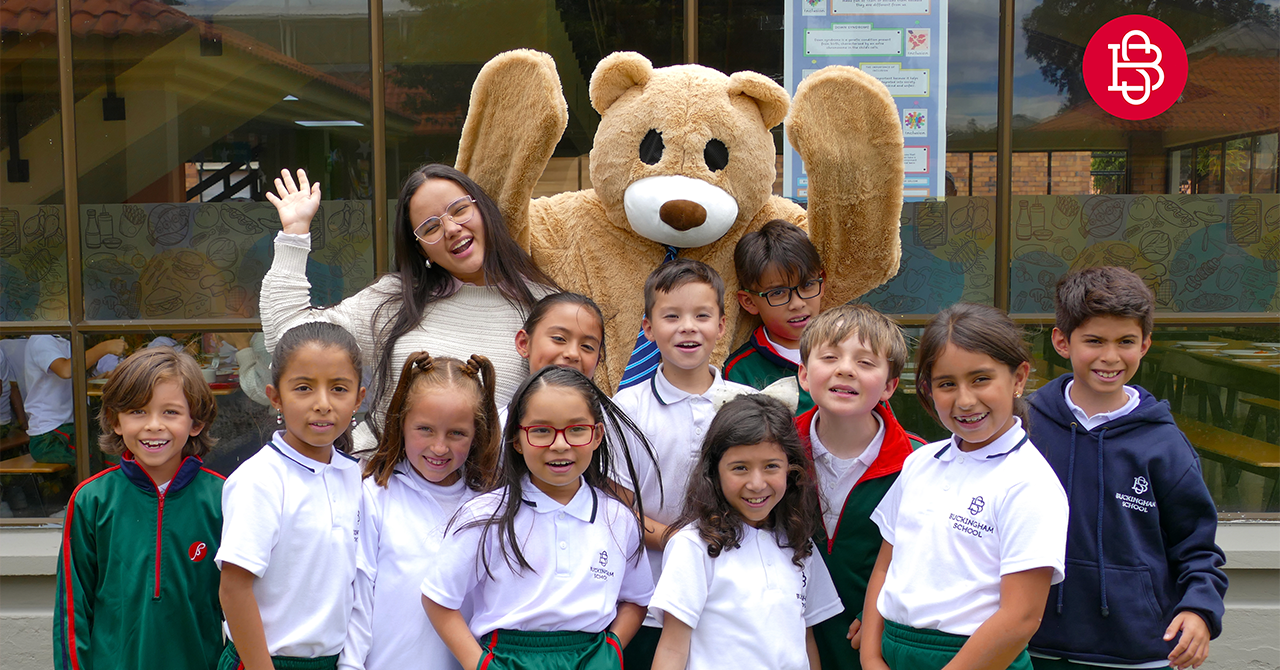Early years education plays a crucial role in a child’s development, and there are various methodologies to approach this process. Two of the most widely discussed are holistic education and traditional education.
In this article, we will explore the key differences between these two approaches and their impact on children’s early years of learning.
Approaches and Methodologies
In early years education, the approach and methodology adopted by schools can have a significant impact on a child’s development. Traditional education and holistic education represent two ends of the spectrum of pedagogical approaches.
Traditional education is based on the transmission of specific knowledge and promotes a structured environment. In contrast, holistic education seeks to integrate various areas of knowledge, focusing on the learning process and encouraging active student participation.
Holistic Education:
- Adopts an integrative perspective on learning.
- Emphasises the interconnection of different areas of knowledge.
- Focuses on the learning process rather than end results.
- Children actively participate through hands-on activities, exploration, and collaboration.
Traditional Education:
- Focuses on imparting specific knowledge in isolated subjects.
- Children learn to repeat information and prepare for exams.
- Promotes competition among students.
- Maintains a rigid structure with the teacher as the primary authority.
Classroom Environment
Traditional Classroom:
- Children sit in rows of desks, passively listening.
- The classroom structure is rigid, with limited interaction between students.
- It can be stressful for some children due to exam pressure.
Holistic Classroom:
- Spaces are organised based on activities.
- Children work in small groups, at shared tables, or in open areas.
- Encourages cooperation, discussion, and active learning.
- The educational experience is more engaging and effective.
Skill Development
Traditional Education:
- Focused on memorisation rather than meaningful learning.
- Children learn to repeat information without understanding its real-world application.
Holistic Education:
- Focuses on developing practical and essential life skills.
- Encourages cooperation, problem-solving, and creativity.
- Students participate in collaborative projects that require critical thinking.
Benefits and Challenges of Holistic Education
Benefits
- Improved academic performance.
- Greater emotional well-being.
- Enhanced problem-solving skills.
- Reduction in inequalities among students.
- Promotes teamwork and mutual understanding.
Challenges
- Resistance from some parents and educators due to its flexibility.
- Adjustment time for children to adapt to a self-directed learning environment.
At Buckingham School, we firmly believe in holistic education during the early years, with a focus on the all-round development of children. This approach not only enhances academic performance but also fosters emotional well-being and essential life skills.
In a constantly changing world, we consider it vital to adopt educational methods that promote adaptability, creativity, and the overall well-being of students. At Buckingham School, we are committed to a holistic approach that prepares our children for a fulfilling and successful life.
